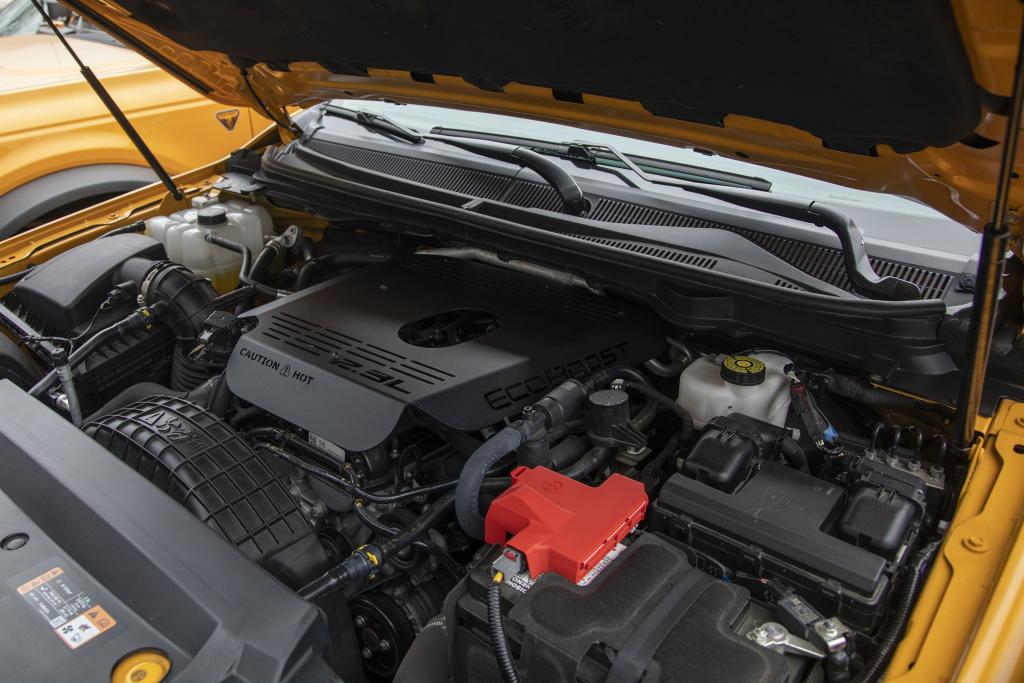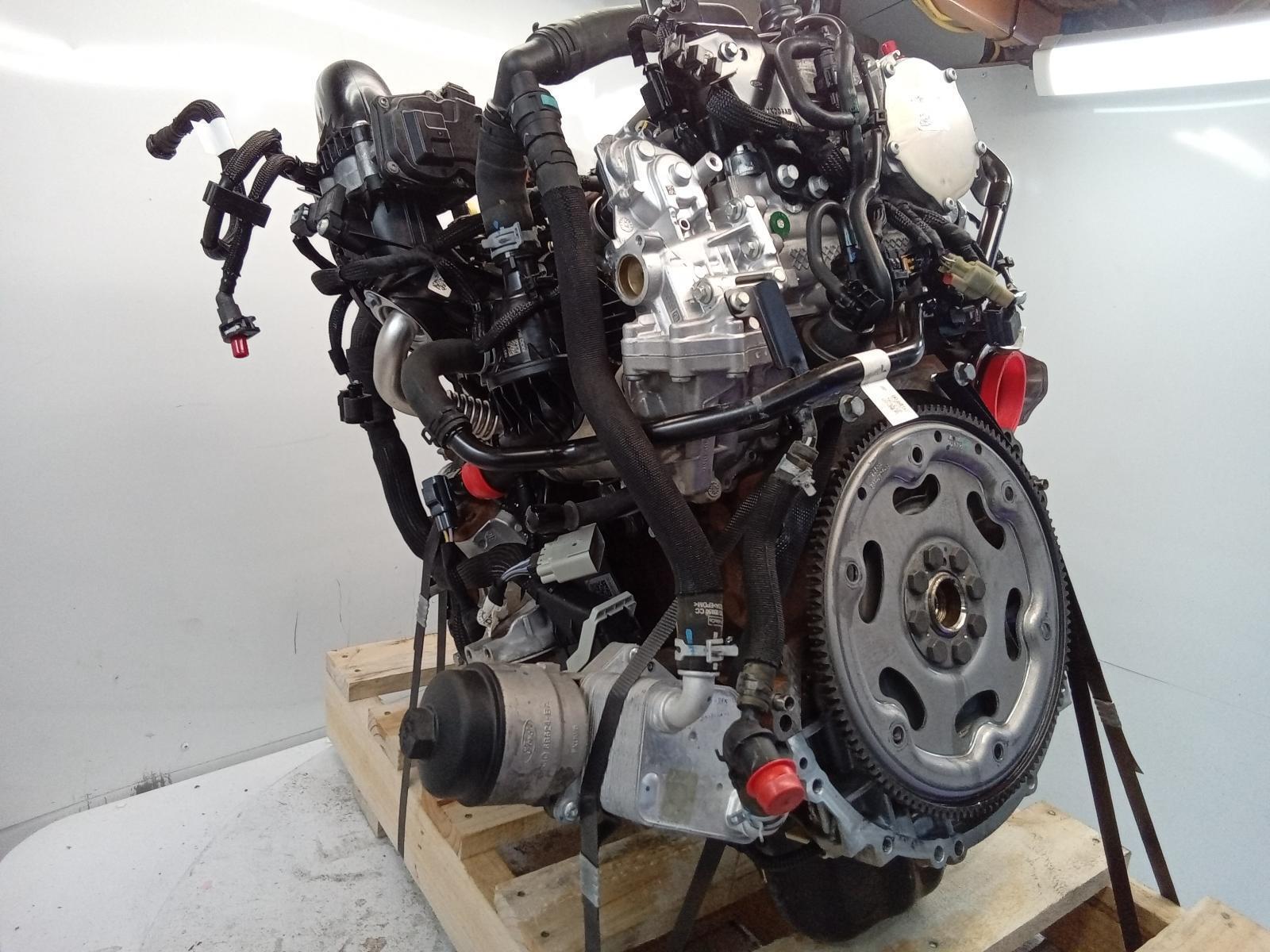What Makes a Vehicle Engine Run Smoothly: Leading Tips for Ideal Care
The smooth operation of a vehicle engine is essential to both efficiency and longevity, making ideal care a necessary responsibility for automobile owners. Trick practices, such as regular oil changes, keeping coolant degrees, and keeping an eye on air filters, are crucial yet often neglected. Furthermore, the relevance of inspecting ignition system and guaranteeing appropriate tire stress can not be underrated. Comprehending just how these aspects adjoin can improve not only the efficiency of your vehicle but likewise your general driving experience. What certain steps should you focus on to guarantee your engine continues to be in peak problem?
Routine Oil Adjustments
One of the most vital aspects of vehicle upkeep is guaranteeing your engine gets normal oil adjustments. Engine oil lubes inner components, lowers friction, and aids keep optimum operating temperatures. With time, oil weakens because of warm, contaminants, and the all-natural byproducts of combustion, bring about minimized effectiveness and prospective engine damages.
The majority of makers suggest altering the oil every 5,000 to 7,500 miles, yet this period can vary based on driving conditions and oil type. Artificial oils may permit for longer intervals between changes. Regular oil adjustments not just enhance engine efficiency yet additionally improve fuel performance, as clean oil promotes smoother procedure.
Ignoring oil changes can result in sludge buildup, which impairs flow and can bring about serious engine concerns. It is important to examine oil levels regularly and keep an eye on for any unusual changes in shade or uniformity, which could suggest contamination or destruction.

Preserving Coolant Degrees
Maintaining correct coolant degrees is crucial for avoiding engine getting too hot and making sure ideal efficiency. The coolant, generally a mix of water and antifreeze, circulates via the engine, taking in warmth and stopping thermal stress. Inadequate coolant can lead to increased engine temperature levels, which may create extreme damage and even overall engine failure.
To preserve optimal coolant levels, regularly check the coolant storage tank, generally situated in the engine bay. Make sure the coolant is filled up to the recommended mark, as suggested in your vehicle's proprietor handbook. It is a good idea to check the degrees at the very least when a month or in the past long trips, especially throughout severe weather.
If you see that the coolant degree is constantly low, there might be a leakage in the air conditioning system, which should be addressed immediately to avoid additional difficulties. 2.2 ford ranger engine. Furthermore, flushing the coolant system every Going Here two to 3 years can assist remove any collected particles and guarantee efficient warm exchange
Monitoring Air Filters

It is suggested to examine the air filter every 12,000 to 15,000 miles, or extra frequently if driving in damaging or messy conditions. A simple visual evaluation can often disclose whether the filter is unclean or damaged. If the filter appears discolored or has visible dust accumulation, it needs to be replaced quickly.
Using a high-quality air filter created for your particular lorry model can additionally enhance engine performance. Additionally, some automobiles may gain from reusable filters that can be cleansed and re-installed, supplying a eco friendly and cost-effective alternative.
Inspecting Flicker Plugs
Ignition system are necessary elements of a vehicle's ignition system, straight influencing engine efficiency and efficiency. They produce the trigger that ignites the air-fuel mixture in the burning chamber, facilitating the engine's power generation. Regular evaluation of stimulate plugs is essential for preserving ideal engine function and preventing possible issues.
Dark soot or oil deposits can suggest improper burning, while a white or raw look might recommend overheating. Both conditions call for prompt interest to avoid further engine damages.
It's a good idea to check ignition system every 30,000 miles, or as recommended in your automobile's proprietor guidebook. In addition, take into consideration changing them according to the producer's standards, as old or worn stimulate plugs can lead to misfires, minimized gas performance, and raised discharges.
Monitoring Tire Stress
Making sure correct tire pressure is a critical aspect of vehicle safety and more information efficiency. Under-inflated tires can bring about decreased fuel performance, raised tire wear, and jeopardized handling. Conversely, over-inflated tires can decrease traction and enhance the risk of blowouts. Regular surveillance of tire stress is crucial read here for optimal lorry procedure.
Tire stress ought to be examined a minimum of once a month and previously long journeys. Make use of a trusted tire pressure scale to determine the pressure when the tires are cool, ideally prior to the lorry has actually been driven for a minimum of three hours. Refer to the automobile's owner manual or the placard situated on the motorist's side door jamb for the maker's suggested stress degrees.
It is vital to note that tire stress can fluctuate with changes in temperature; a decrease of 10 ° F can cause a 1-2 psi decline in pressure. Furthermore, aesthetically evaluate tires for any kind of signs of wear or damage throughout your surveillance regimen. Preserving proper tire stress not just enhances vehicle safety yet also enhances fuel performance and extends tire life, eventually adding to a smoother engine efficiency.
Conclusion
In conclusion, maintaining a cars and truck engine's smooth operation requires persistent focus to a number of essential elements. Inevitably, a proactive method to engine treatment is essential for making sure reliability and capability over time.
One of the most critical aspects of automobile upkeep is guaranteeing your engine receives normal oil modifications. Engine oil lubricates interior parts, lowers rubbing, and helps preserve optimal operating temperature levels. Routine oil modifications not only boost engine efficiency but also improve gas performance, as tidy oil advertises smoother operation.
Not enough coolant can lead to boosted engine temperature levels, which may create serious damages or even overall engine failing.
